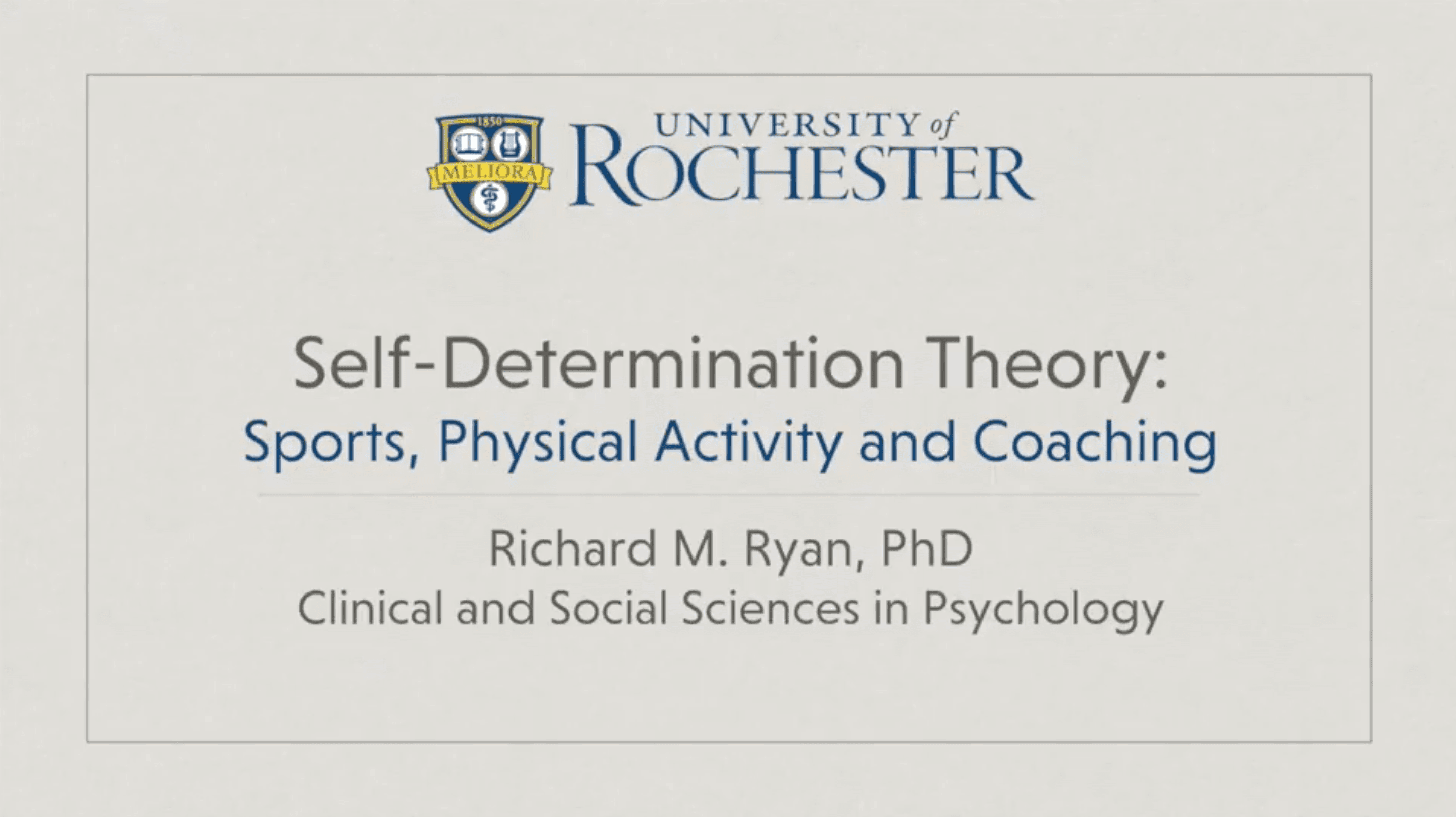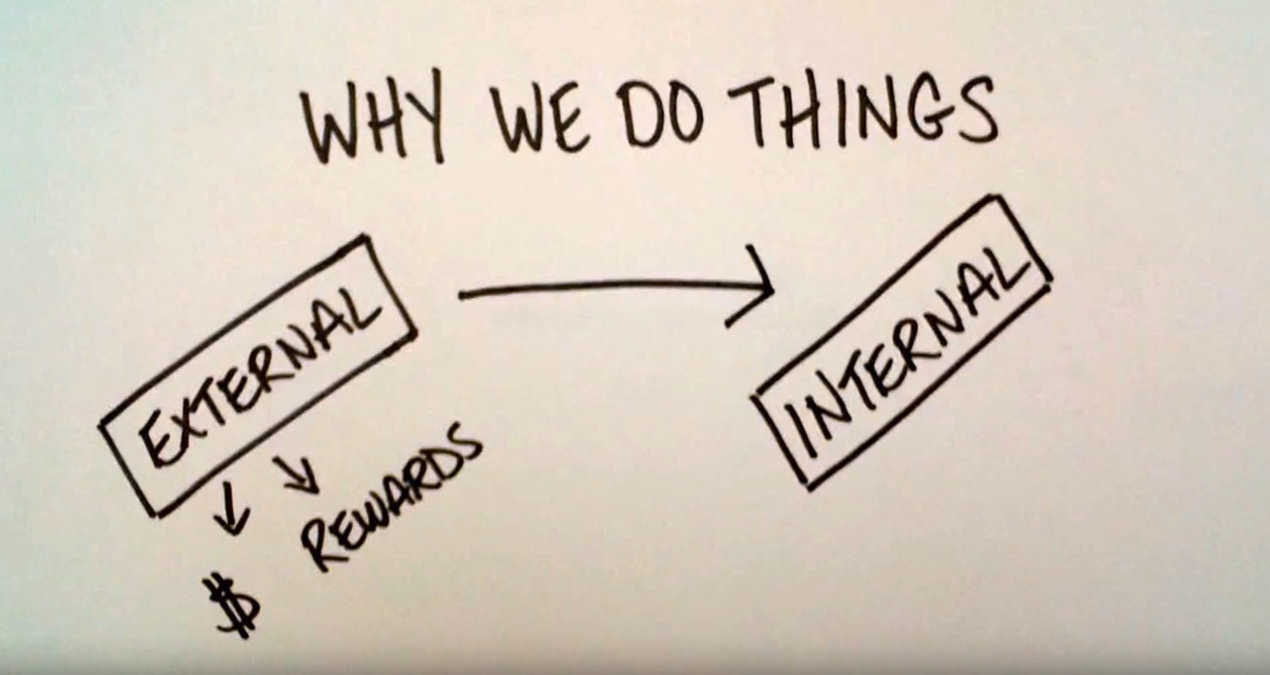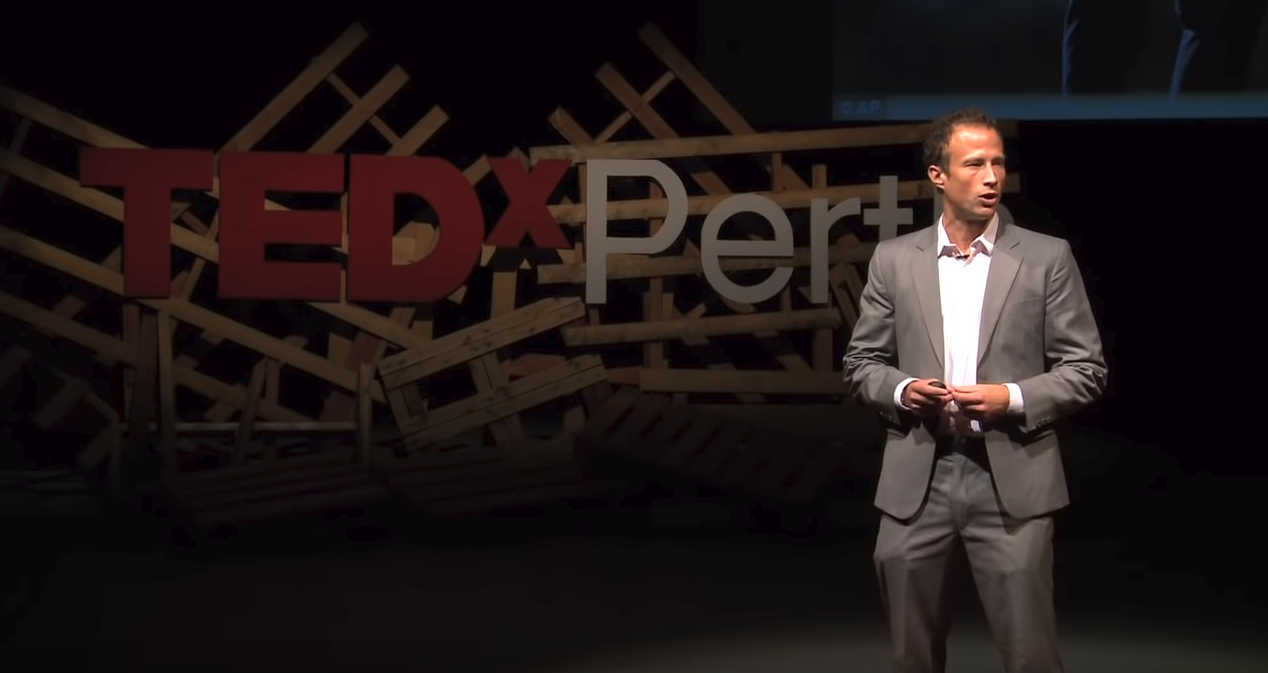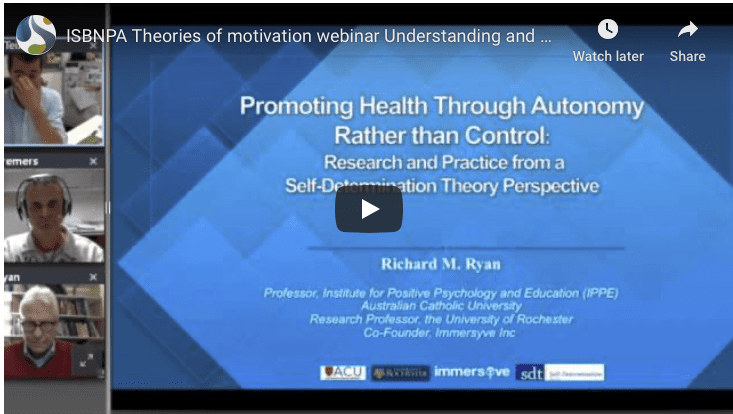Few contexts illustrate and embody motivation as acutely as those of sport and exercise. Whether one considers an Olympian engaging with their training regime across many years or an exerciser jogging on a treadmill for an hour, motivation is at the heart of their endeavors. In tracing the history of SDT research, it is clear that sport and exercise contexts have provided fertile settings for testing key basic theoretical tenets as well as the applied utility of the psychological framework. From the origins of focusing on how social inputs such as competition, feedback, and rewards sustain or undermine intrinsic motivation through to testing the broad motivational phenomena within and across the current six SDT mini-theories, empirical work within sport and exercise has been rife.
The burgeoning body of research in sport and exercise settings, now spanning more than 40 years, has focused on key issues such as how different goals, distinct motives, and varying social contexts differentially predict key outcomes such as performance, sustained engagement, psychological well-being, and learning. In doing so, this research has also highlighted how complex it is to understand motivation within sport and exercise. Such complexity necessitates a broad and coherent psychological approach such as that advanced within SDT. Not only is this crucial for coherently developing, assimilating, and testing connected theoretical assumptions, but also for yielding evidenced-based applications to support practitioners and policy makers.
Reviews of the expansive SDT literature within sport and exercise settings are provided within the ‘Featured/Suggested’ readings below. Additionally, the findings of an impressive body of empirical work can be found on our “Research” page on this topic.







